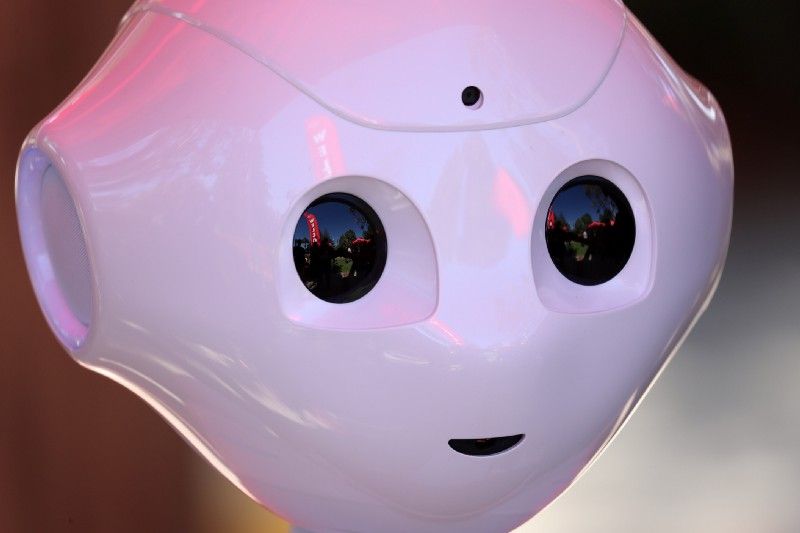Artificial Intelligence is the loose name for a group of technologies that allow computers, fed with mountains of data and clever algorithms, to perform cognitive tasks that previously required human brainpower.
Beating human champions at Go or Chess, getting Alexa and Siri to understand voice commands, detecting fraudulent activity on your credit card, or automatically recognizing the faces in your Facebook photos are just a few ways AI is being used today. But those functions are going to grow dramatically in the coming years: driving cars, taking care of your elderly parents, or controlling autonomous lethal weapons.From a political standpoint there are three big issues. First, who controls all the personal data that feeds AI algorithms. Is it you, your government, or the company that makes the phone/browser/app that you’re using right now? Second, who regulates what’s inside those algorithms and how that data is used? Third, is Vladimir Putin right that whatever nation leads in AI will “rule the world”?
